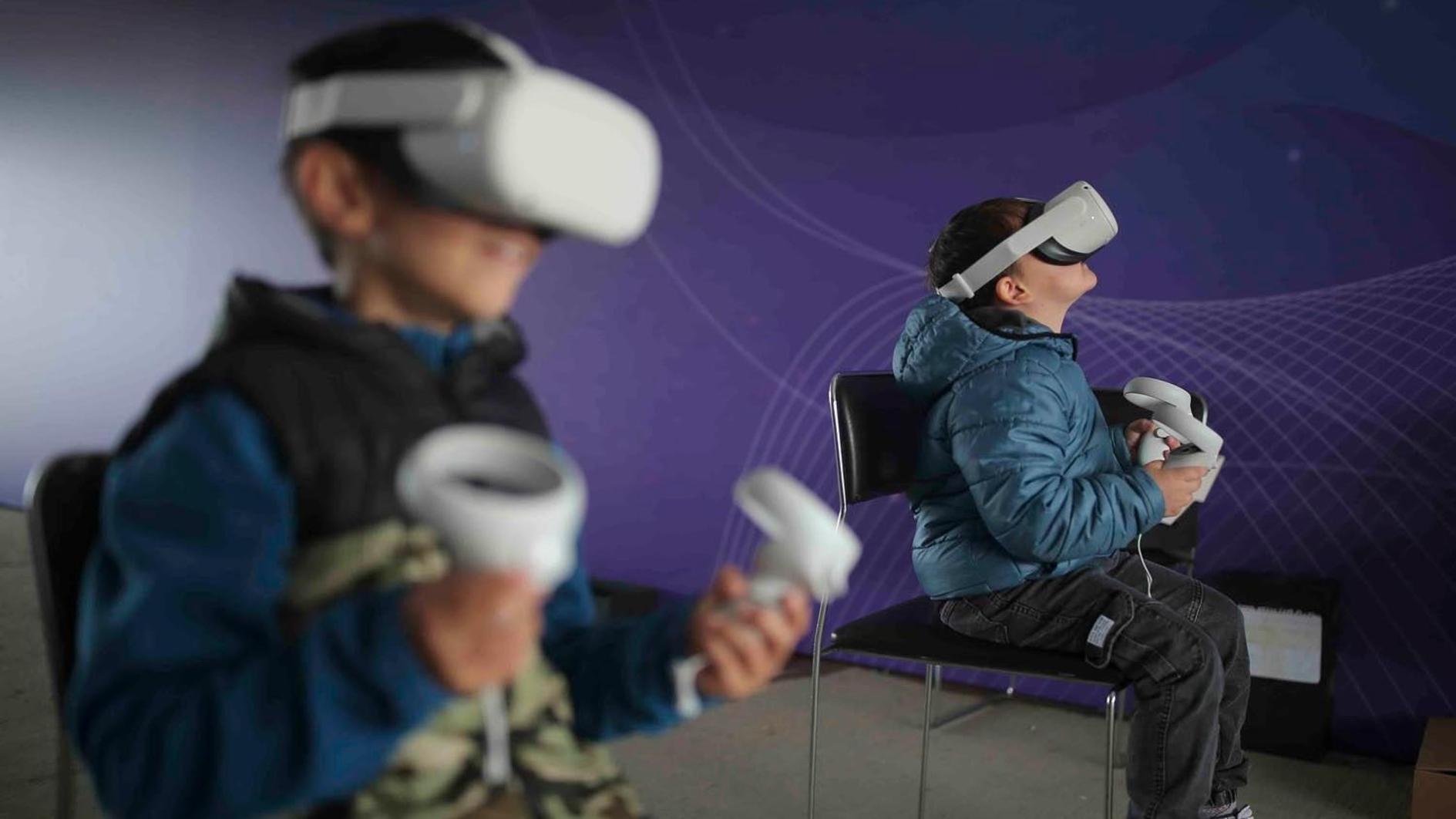Who needs more war in the Middle East?
Thanks to Iraqi Kurdistan Regional Government (KRG) leader Masoud Barzani’s move to hold a referendum on carving out an independent Kurdistan, the Middle East is once again a high-risk spot, competing with the ongoing crisis on the Korean Peninsula.
Barzani wants to become the founding father of a Kurdish state, something that his grandfather Abdusselam could not achieve in the 1900s and 1910s, and that his father Mullah Mustafa Barzani could not achieve in the 1940s, 50s, 60s and 70s, despite support from - in shifting order – Russia, Israel, Iran and the U.S.
Masoud Barzani himself has not until now been able to achieve an independent Kurdish state through the 1980s, 90s and 2000s, despite close ties with the Americans.
His move to hold the Sept. 25 referendum is understandable when considered from his own perspective. He thinks the Iraqi state is failing (which is not too wrong), the Syrian state is failing (that too), Turkey has its own problems with the outlawed Kurdistan Workers’ Party (PKK) and serious rifts with its NATO ally Washington, and Iran is back under pressure from the U.S. under Donald Trump.
In addition, Barzani is under fierce competition from the PKK, affiliates of which are moving step by step to establish autonomy in the north of civil war-hit Syria, neighboring Turkey. The Democratic Union Party (PYD) and its militia People’s Protection Units (YPG) are currently holding “local elections” and electing “city communes” in Syrian towns under the protection of the U.S. Central Command (CENTCOM). Despite the fact that PKK leader Abdullah Öcalan has been in a Turkish jail since 1999 (after he was captured with the help of the CIA), the PKK is bidding to grab the flag of the idea of Kurdish independence from Barzani. The irony is that the PKK is run from the Kandil Mountains in northern Iraq, within the territory of Barzani’s KRG.
Could Barzani’s Kurdistan Democratic Party (KDP) extend a hand of cooperation to the PKK for Kurdish independence? Could the PKK accept it? Perhaps that would make certain parts of Israel and the U.S. happy – seeing the division of two Arab states under Russian and Iranian influence, Syria and Iraq - but will Trump and the Washington beltway really be happy about such a move?
These are big questions and there are no answers yet. But Barzani’s referendum move has helped bring about something unthinkable until a few months ago, managing to get Turkey, Iran and Iraq united around a cause: The prevention of Kurdish independence.
Upon President Tayyip Erdoğan’s demand, the Turkish Parliament on Sept. 23 voted to extend a mandate for one more year to permit the Justice and Development Party (AK Parti) government to send troops to Syria and Iraq if necessary and to accept foreign troops with the same purpose. The only party resisting the motion in parliament was the Kurdish problem-focused Peoples’ Democratic Party (HDP). The main opposition Republican People’s Party (CHP) backed the motion on the grounds that it would strengthen Turkey’s hand against terrorism, but called on the government to act cool-headedly and to not get carried away with the war rhetoric.
The Turkish and Iranian armies are currently staging military exercises along their Iraqi borders neighboring Barzani’s KRG territory. The Iraqi army is already up north because of its fight against the outlawed Islamic State of Iraq and the Levant (ISIL), or DAESH.
The Turkish exercise is due to be completed by Sept. 26, but it is clear from the Sept. 22 National Security Board (MGK) meeting and the government statement afterward that every option is on the table regarding developments around the Sept. 25 vote.
Ankara and Tehran think that if they do not show solidarity with Baghdad today against the demands to carve out an independent Kurdish state from Iraq, demands from Turkey and Iran could come next. And there is also the Russia-backed Syria regime. Russia is not too cold to a “federal Syria” idea but it is not likely to applaud U.S.-sponsored Kurdish autonomy or independence in northern Syria. Without ignoring the possibility of the PKK or the PYD changing sides from the Americans to the Russians for their own political agenda, the whole scenario seems too risky and difficult. In politics there is no such word as “impossible,” but it certainly seems very difficult and costly - the biggest cost being in human lives.
This part of the world has had enough of wars, losses of human lives, underdeveloped economies and poor standards of living due to conflicts, regime changes, border changes and deadly political competition between parties. So let’s hope this time that peace can prevail through diplomacy.











